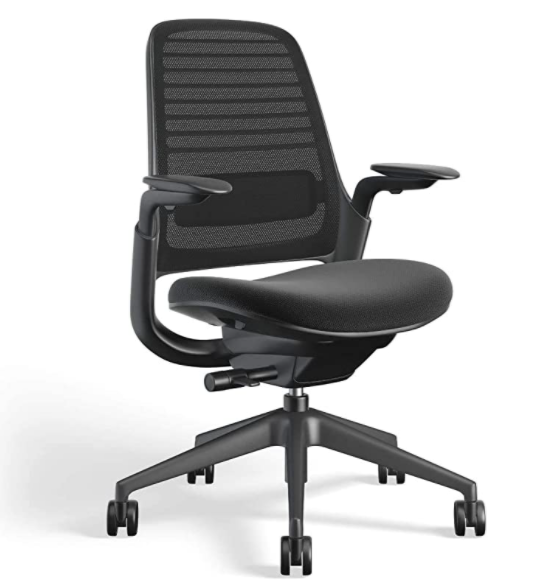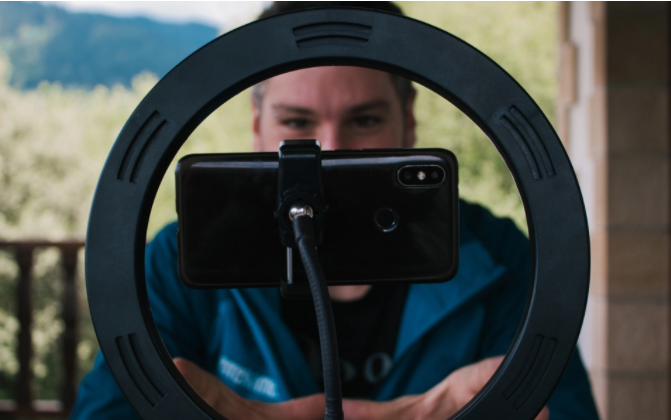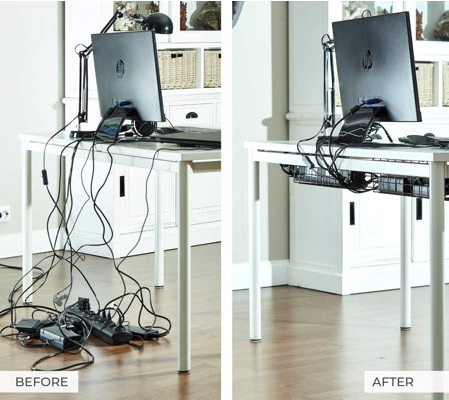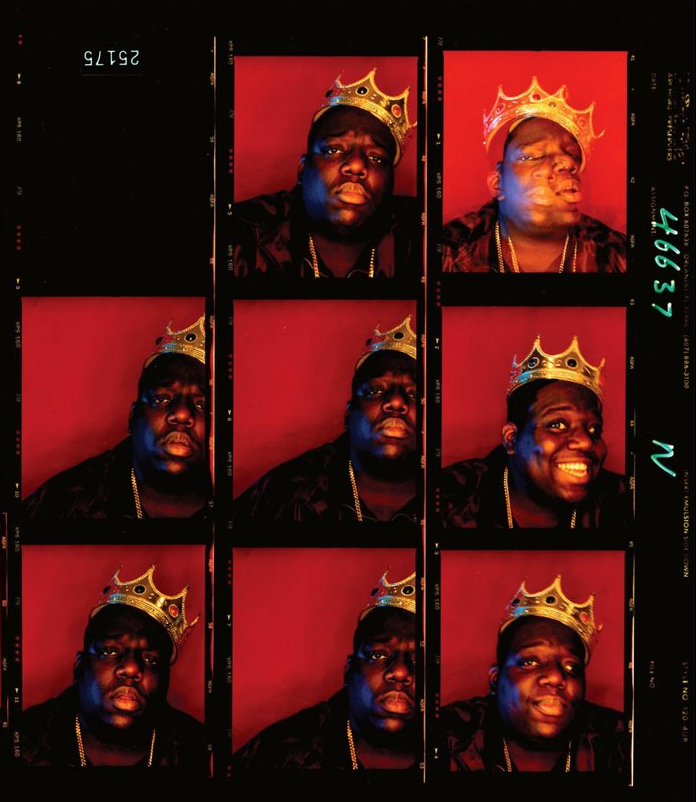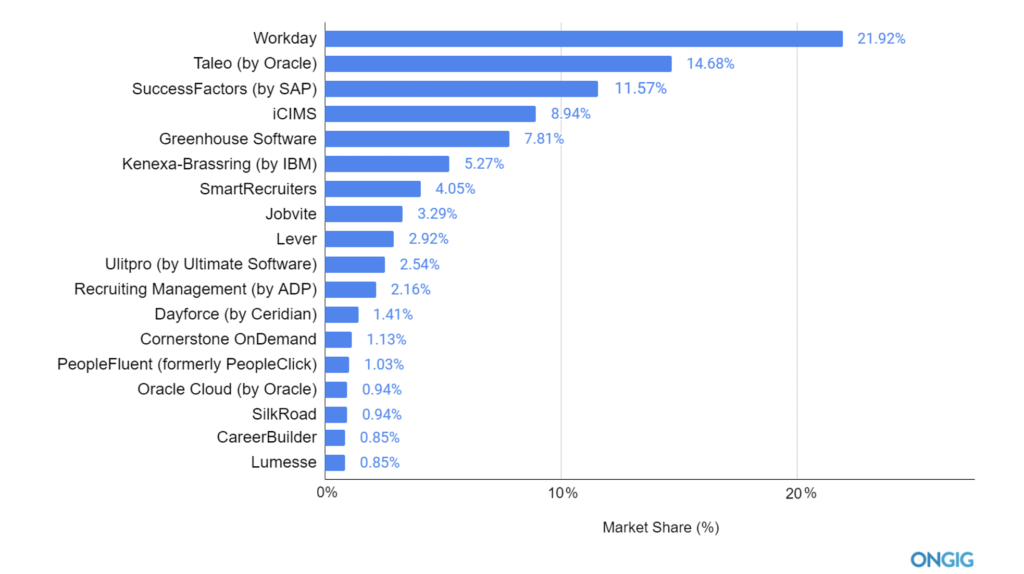I think most HR pros disagree with this number. I didn’t make it up like I do most of the time, but I was having this feeling that way to many HR leaders and pros were feeling that their entire office workforce just wanted to remain remote. The number is from this recent Human Experience study.
Basically, it’s saying 25% of workers want to return full-time to the office, 50% want some kind of hybrid model where they will return, but have additional flexibility to work remotely, and 25% want to stay remote on a permanent basis.
My guess is most HR leaders and pros if asked this question are under the belief that 50%+ of their office workers want to remain remote, full-time. At least, that’s what I hear when I ask that question to them. Much smaller sample, but it’s also what I hear and read.
What the article is really showing is that our workforce has had a taste of flexibility, and most really, really liked what it tasted like! I find that in very large cities, organizations and leaders are much more flexible. It’s just the nature of big city life. Trains don’t always run on time, commutes can be crazy, etc.
As you get out into smaller communities the expectations changed. You can always make it into work because you’re driving your own car. If you were 15 minutes late in Milwaukee, people will question you. If you’re 30 minutes late in New York, no one says a thing. So, having some flexibility to be treated like a real, functioning adult, for most people has been a breath of fresh air.
But, and it’s a big but – we can’t be naive as HR leaders believing everyone just wants remote. They don’t want remote, the vast majority, want flexibility. They want some understanding. I can be a high performer, and I can meet my goals and exceed them, just treat me like an adult.
The pandemic might change many things about work and life moving forward, but it won’t change our desire as humans, most of us, to want to have live interactions, one-on-one, face-to-face, to congregate, to share ideas, and see your real-life body language, if at all possible.
Don’t be fooled by a loud minority voice saying a remote workplace is the best workplace. It’s “a” workplace, great for some, horrible for many. Just as in-office is great for some, and horrible for others. The best organizations will figure out the balance.


